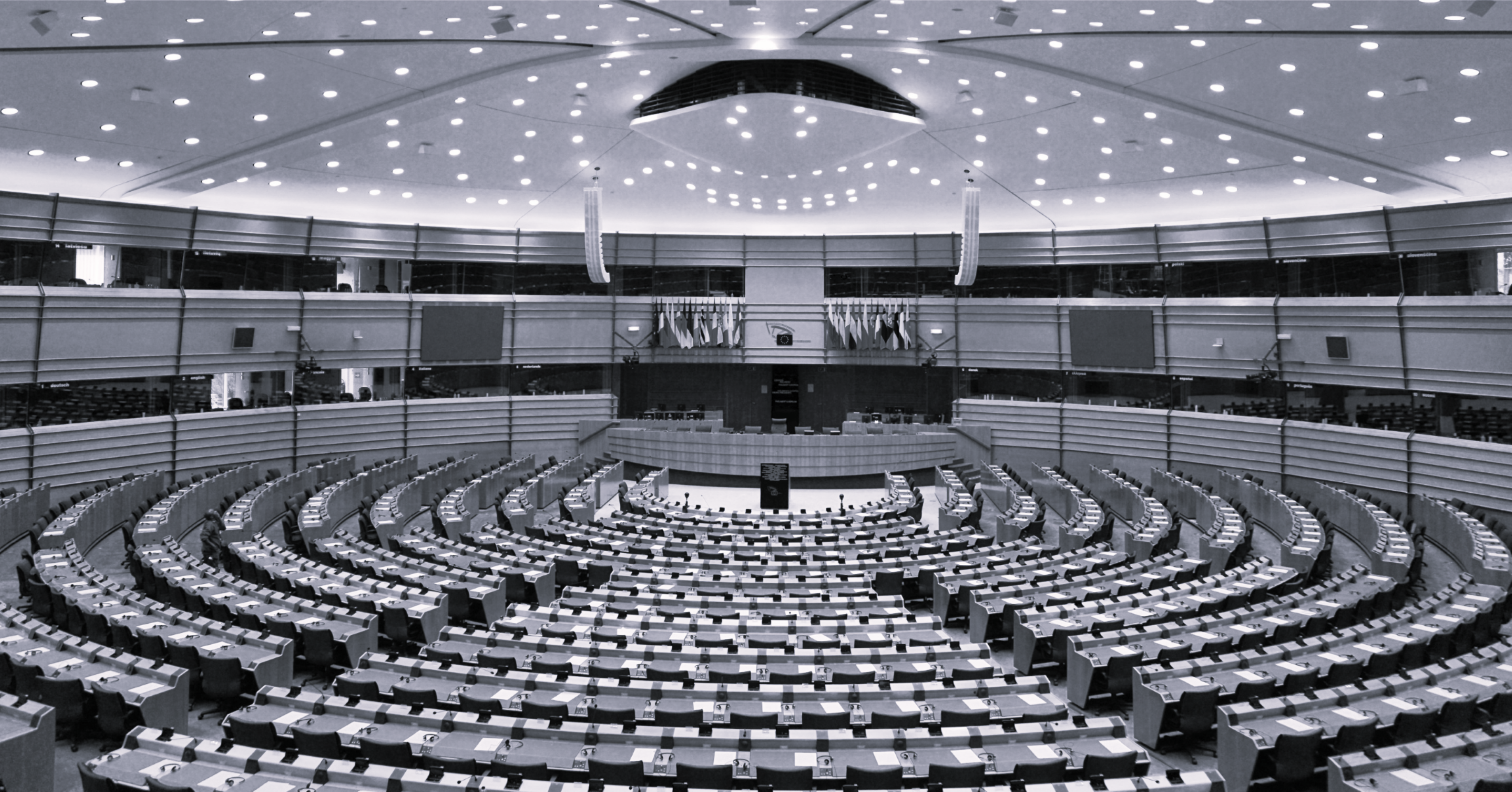The European election took place from 6 to 9 June in 27 EU Member States. A total of 720 Members of the European Parliament (MEPs) were elected for the 2024-2029 term.
The balance of power within the European Parliament has not been shaken. The centre-right European People’s Party (EPP) arrived first at the EU election. The group gained 13 additional MEPs when it had lost seats in the last three previous elections (2009, 2014, 2019). The Socialists & Democrats (S&D) remain the second largest group as they only lost 4 MEPs.
Parties from the Conservatives and Reformists (ECR) group performed very well in the election. The group has gained 14 new MEPs and discussions are still ongoing for potential new MEPs to join. The ECR group is therefore the third largest group of the European Parliament ahead of Renew Europe.
The Liberals of Renew Europe suffered the greatest loss, with 28 MEPs fewer than in the last parliamentary term. The Greens have also lost many MEPs making it the 6th largest group of the Parliament behind the extreme right-wing parties of Identity & Democracy.
However, as discussions are still ongoing for the seat distribution within political groups and committees, a definitive picture of the new Parliament will only be available in a couple of weeks.
In parallel, the European Council is negotiating nominations for the high-level jobs and the Strategic Agenda for the next five years. An agreement on the presidencies of the European Commission, Council and Parliament as well as the High Representative for Foreign Affairs and Security Policy is expected ahead of the first plenary session which take place from 16 to 19 July.
Current Commission President Ursula von der Leyen, is standing for re-election and the election results were favourable to her candidacy. Regarding the political priorities for 2024-2029, EU leaders should agree on the need to have a ‘Competitiveness Deal’ which could lead to measures supporting the decarbonisation of the energy intensive industries.
Over the last month, Glass for Europe has defended the need to develop measures to enable the sustainable transformation. All the details are available in our Manifesto here.
Regarding the calendar of the European institutions in the next months:
- 27-28 June: European Council
- 16-19 July: First plenary of the new European Parliament
- 22 July: Official start of the Parliament’s committee work
- 16-19 September: European Parliament Plenary
- Autumn 2024: Auditions of the candidate-Commissioners by the European Parliament
- 1 December: New European Council President takes office




